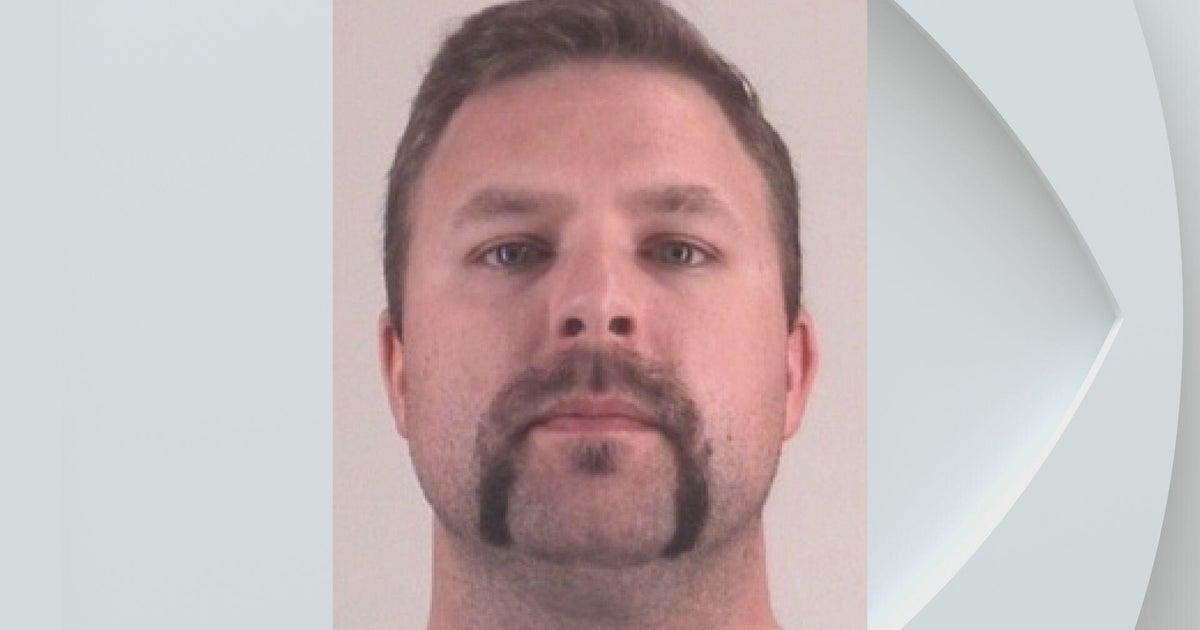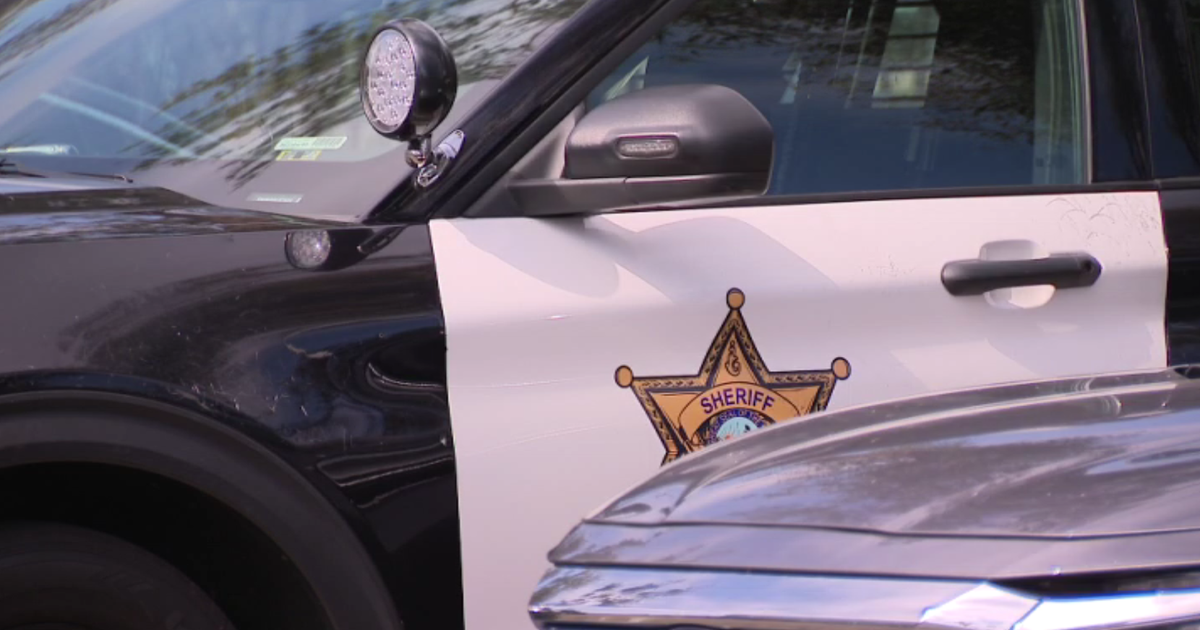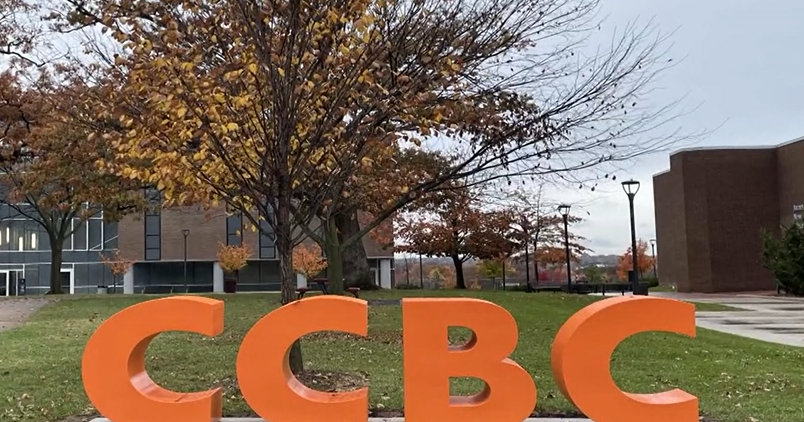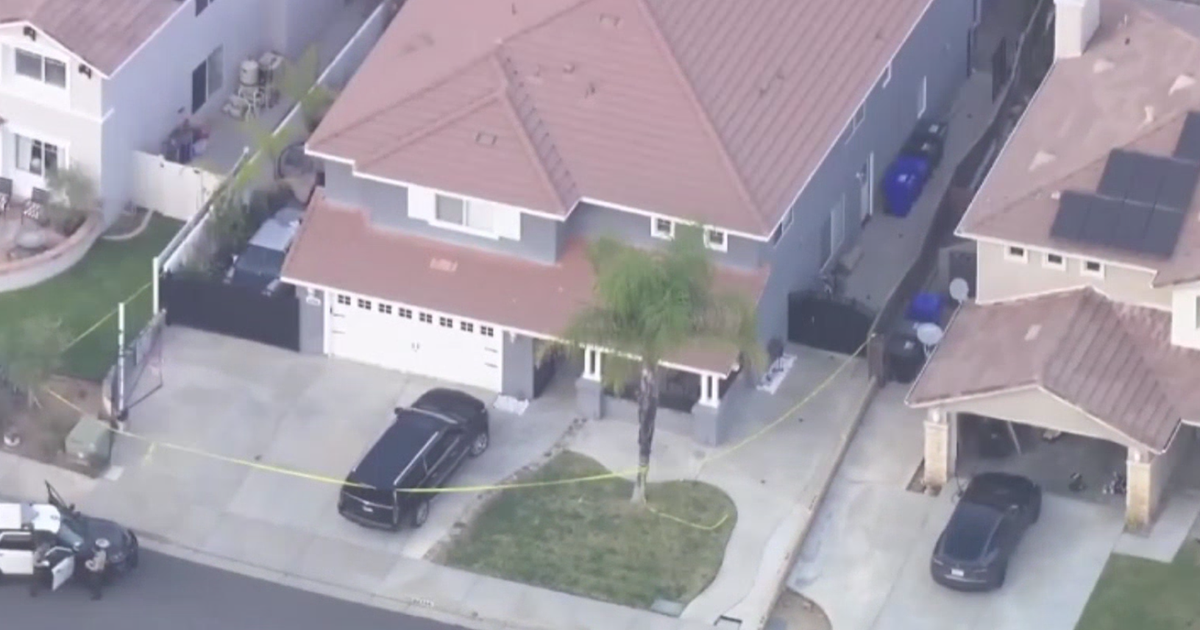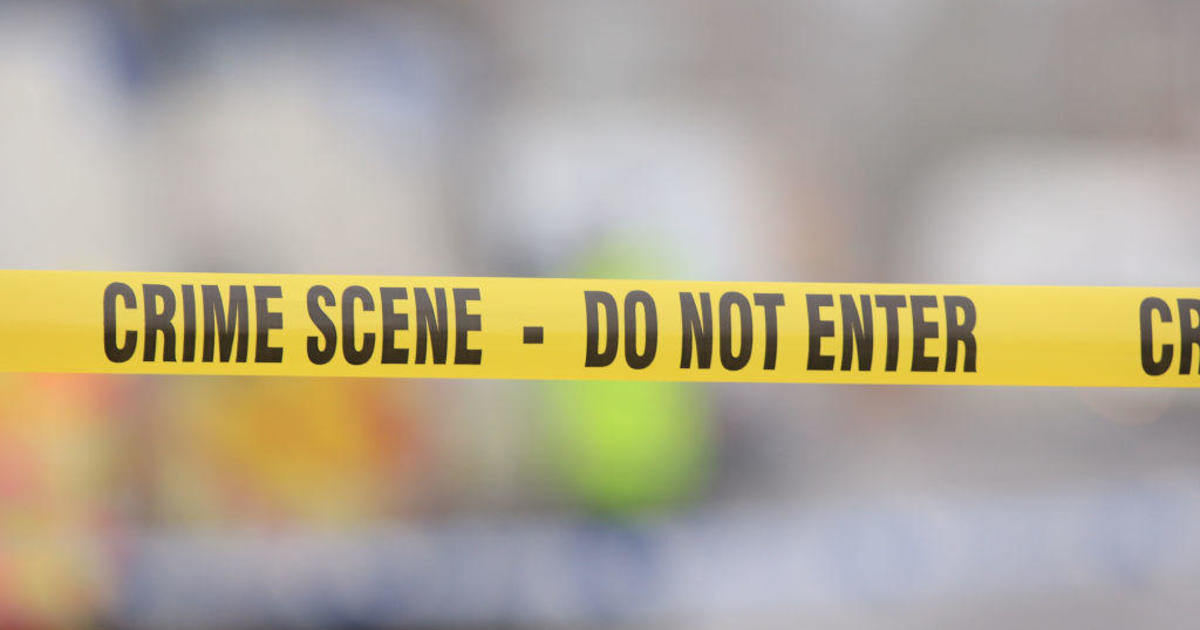Tarrant County Posts Fewer DNA Exonerations Than Dallas County
FORT WORTH (CBSDFW.COM) - For most, the exoneration of David Lee Wiggins is a victory, but for Fort Worth attorney Larry Moore, it is an example of what he says is a systemic problem in the justice system: false convictions.
"The techniques that we used in getting convictions are flawed," Moore said.
Wiggins was convicted of rape 24 years after the victim identified him as her rapist. In August, DNA evidence cleared him as a suspect and he became a free man with the help of the Moore and the Innocence Project of New York. Wiggins is only the second exoneration in Tarrant County since 2001, a stark contract to the 31 exonerations in Dallas County within the same time period.
"The big difference is the Southwest Institute of Forensic Science is in Dallas with all the evidence and the Tarrant County Medical Examiner's officer and the police department don't maintain evidence. After a conviction, the evidence is destroyed," said Moore.
But the Tarrant County District Attorney's office says that's simply not true.
District Clerk Tom Wilder says evidence from old cases has been carefully preserved for years, even though it was not required by law at the time.
"We have evidence in our inventory that goes back to 1962," Wilder said.
Under his watch, he says no biological evidence has been destroyed.
"I took office in 1995 and all I speak for is what happened from 1995 until now," he said. "Before that, sure the evidence was in a safe place and it was temperature-controlled but as far as the inventory and safe keeping, I really couldn't testify to that."
While a lot of evidence has been carefully preserved, including the several pieces of clothing from the Wiggins case that lead to his exoneration, some evidence has been lost.
Steve Conder, Tarrant County assistant criminal district attorney, handles post-conviction and DNA testing requests. He says his office has received about 200 requests for post-conviction DNA tests and has granted just over 25 post-conviction DNA tests.
"We've only had issues with destruction of evidence in maybe about under 10% of the cases where there has been a request," Conder said. "I don't think anybody would deny that there is always the possibility that evidence has been destroyed or that is hasn't been properly maintained and it can't be tested."
For the inmates within that 10% there is no hope for exoneration.
"So while yes, we've a few cases where evidence has been destroyed prior to 2001, I'm not really sure that has played a significant role in why we have less exonerations," Conder said.
Conder attributes the county's open file policy, which allows defense attorneys access to prosecutors files before trial as a major contributing factor to the low number of exonerations.
"They can look at what we have in our file and they know what they know from their own investigation and what they're client has told them to basically explain why we may be pursuing the wrong person," Conder said.
In many cases from the mid-1990's, when DNA testing became more popular, DNA tests were done prior to trial and the DNA testing had been confirmatory of guilt, according to Conder.
"I just think there has probably been a more measured approach here in Tarrant County," Conder said.
But Moore says its not that simple.
"This is a systemic problem, and the system needs to figure out a way to deal with it," Moore said.
Conder says the classic post-conviction DNA test request is an eye witness identification case, and there has been progress in changing the way eye witness accounts are considered as evidence.
A new statute passed in the Texas Legislature that details the procedures that are supposed to be followed for eye witness identification took effect on Sept. 1.
"Really it's a best practices type statute. Each individual law enforcement agency is to determine its own best practices, publish that and then if they don't follow their own best practices it's not a basis to suppress the identification. It's just a basis where we can go in and say you didn't follow the script and the jury can consider that for what it may," Moore said.
But Moore also says jury's need to be aware that human error can play a large part in eye witness identification cases.
"We need some kind of jury education to tell people look you need to look at this evidence," said Moore. " It's not divine word of God. These people are people and they are subject to being wrong."
Moore says he hopes changes can be made, so innocent people like Wiggins do no go to prison.
"You just can't close your eyes and go to sleep knowing that they are in the penitentiary for something they didn't do," Moore said.


